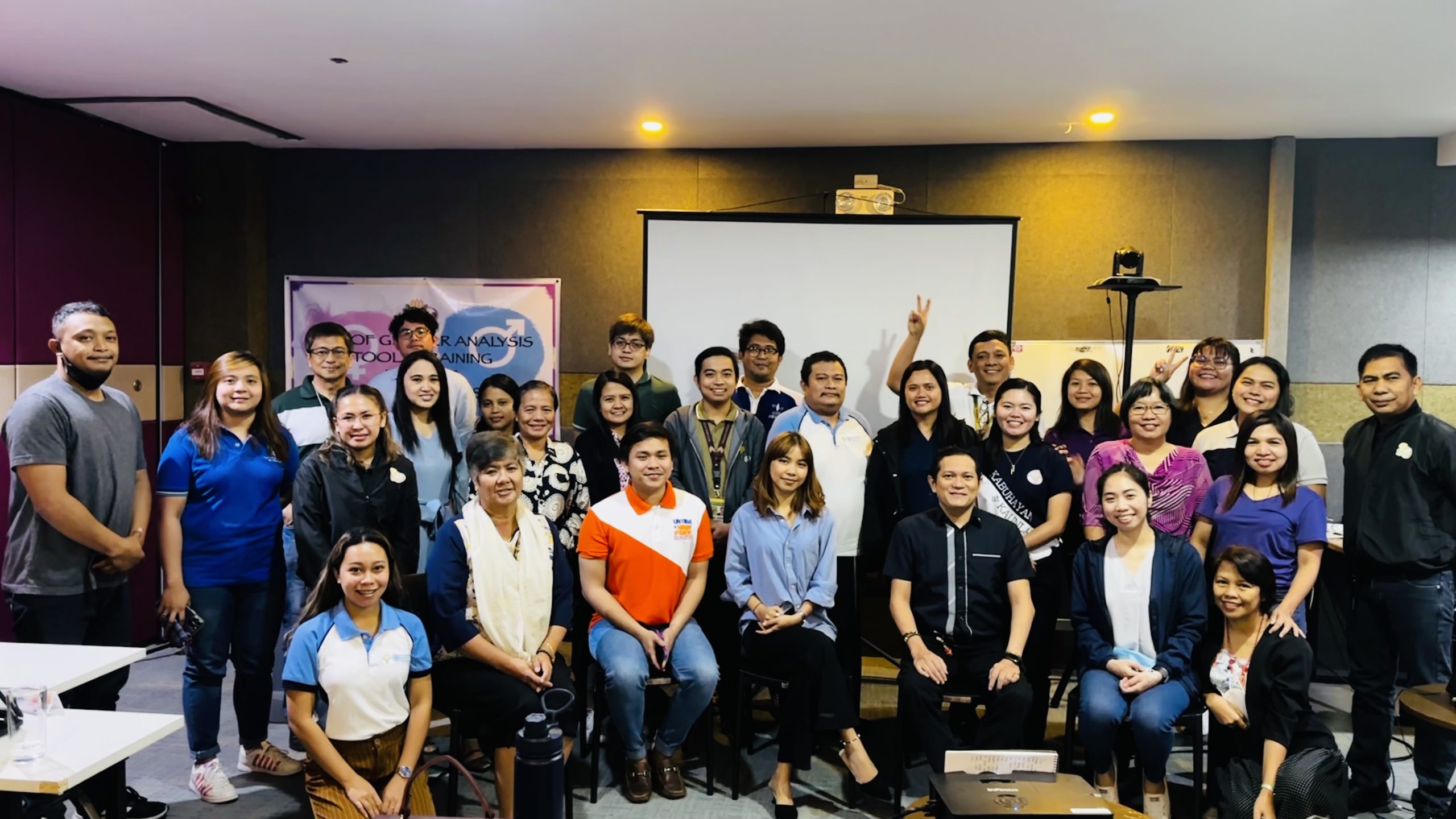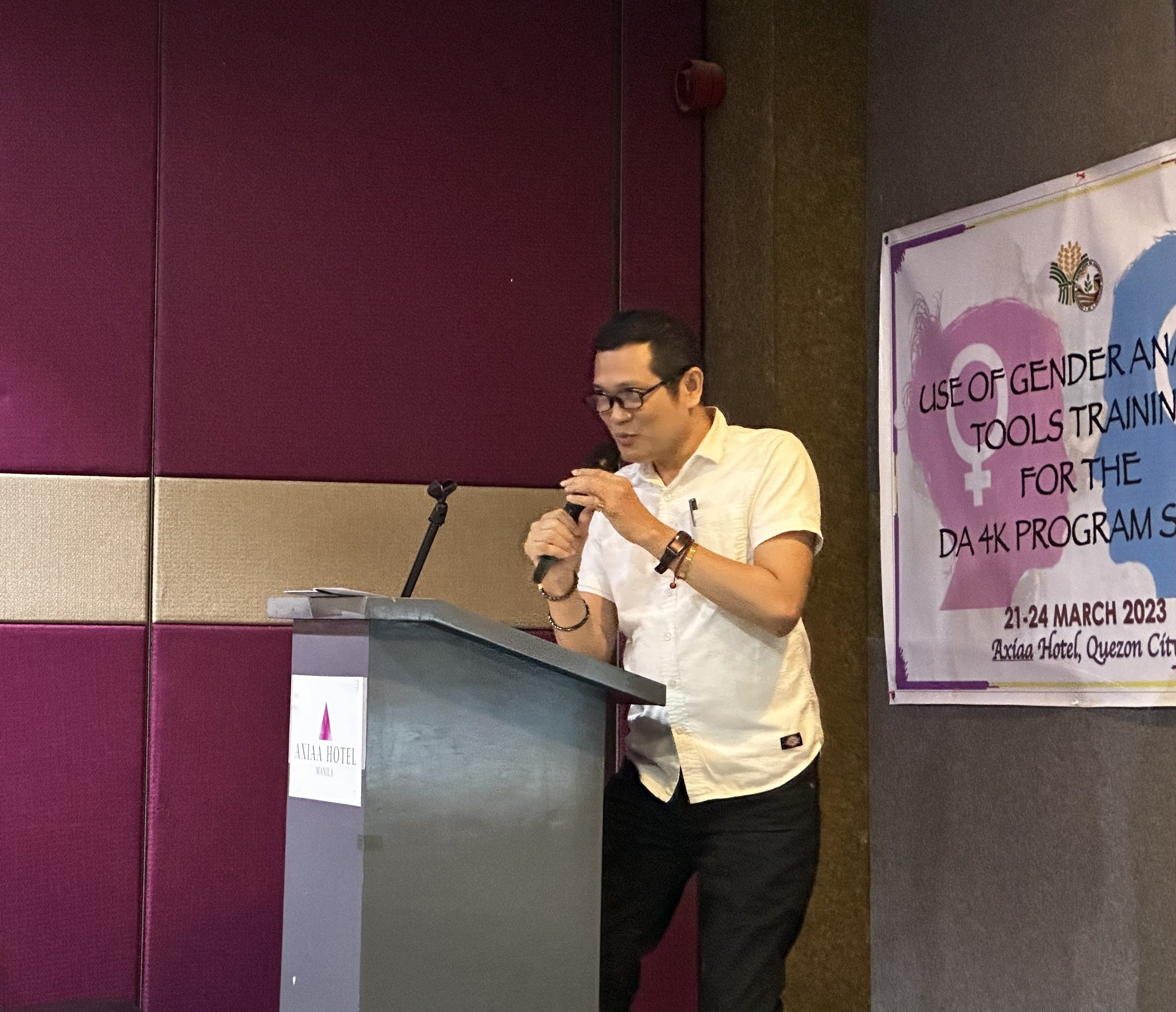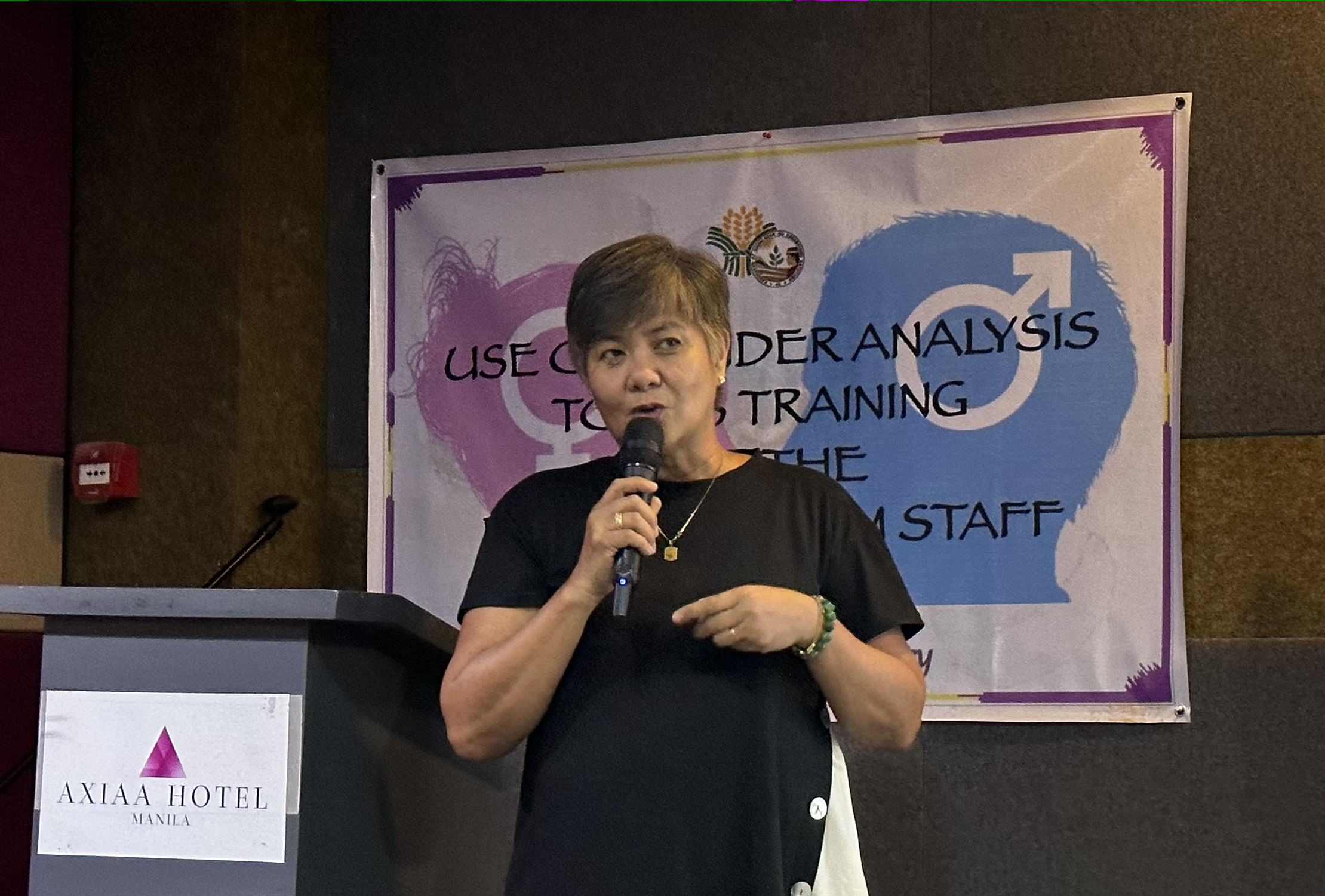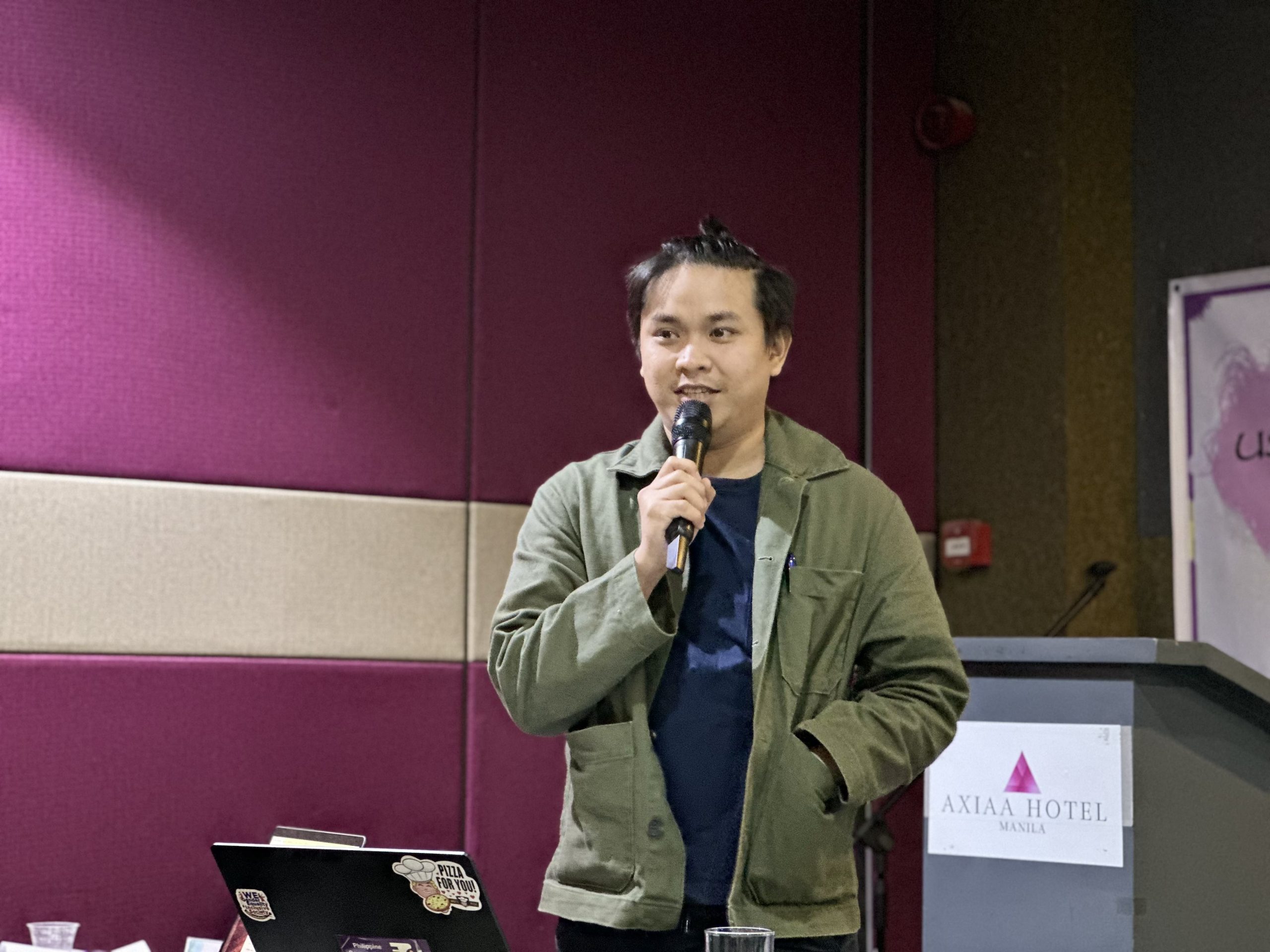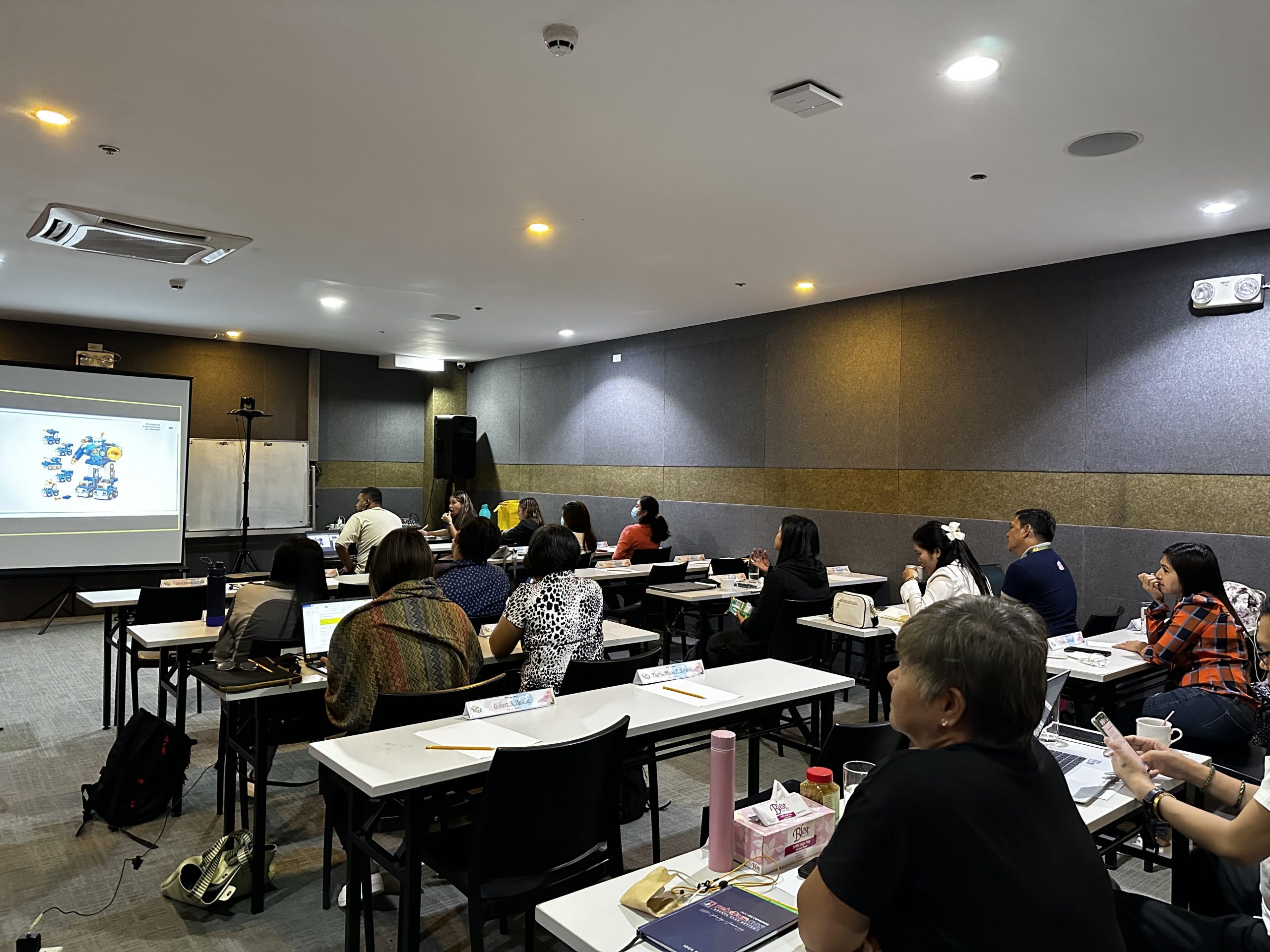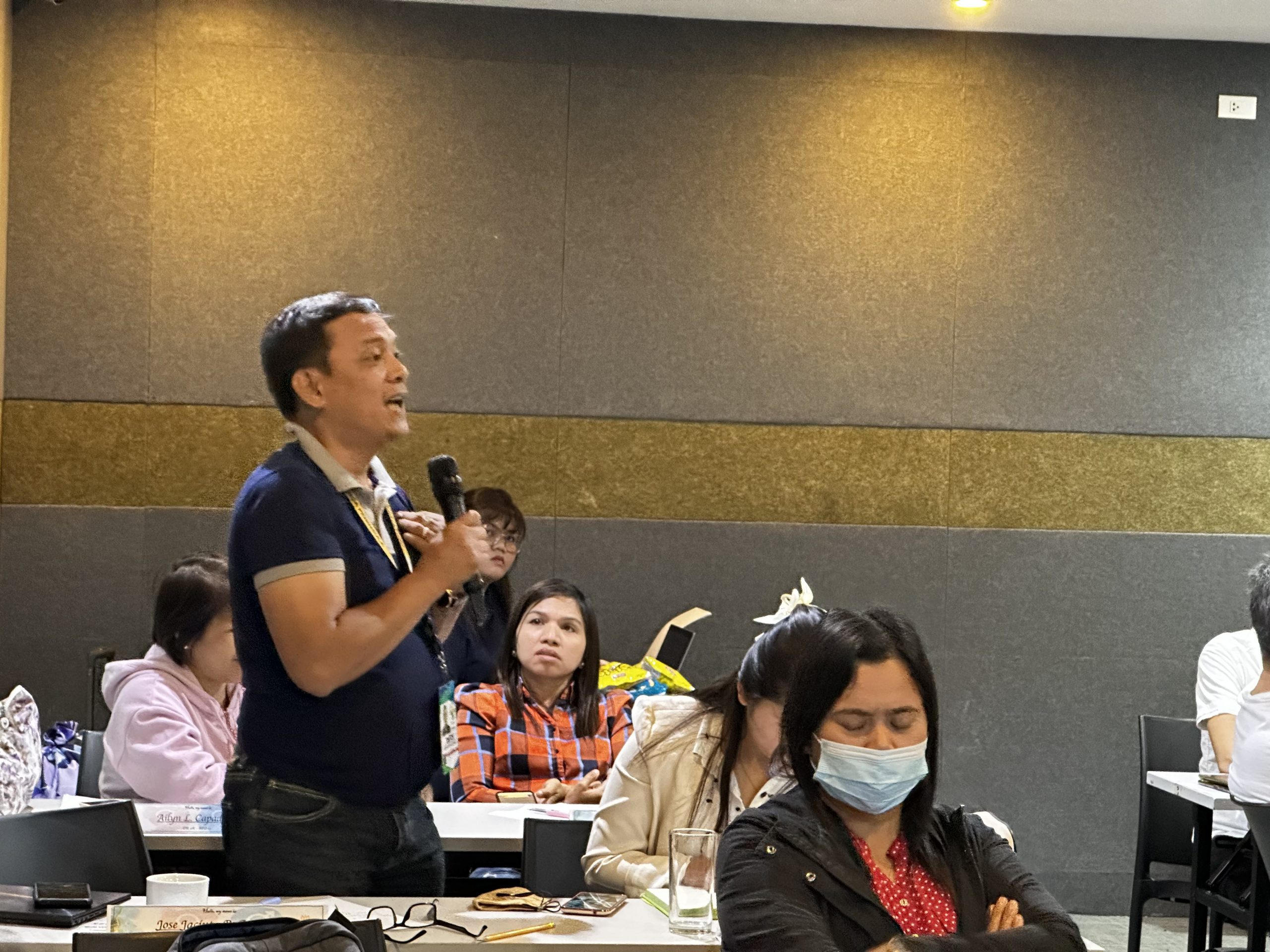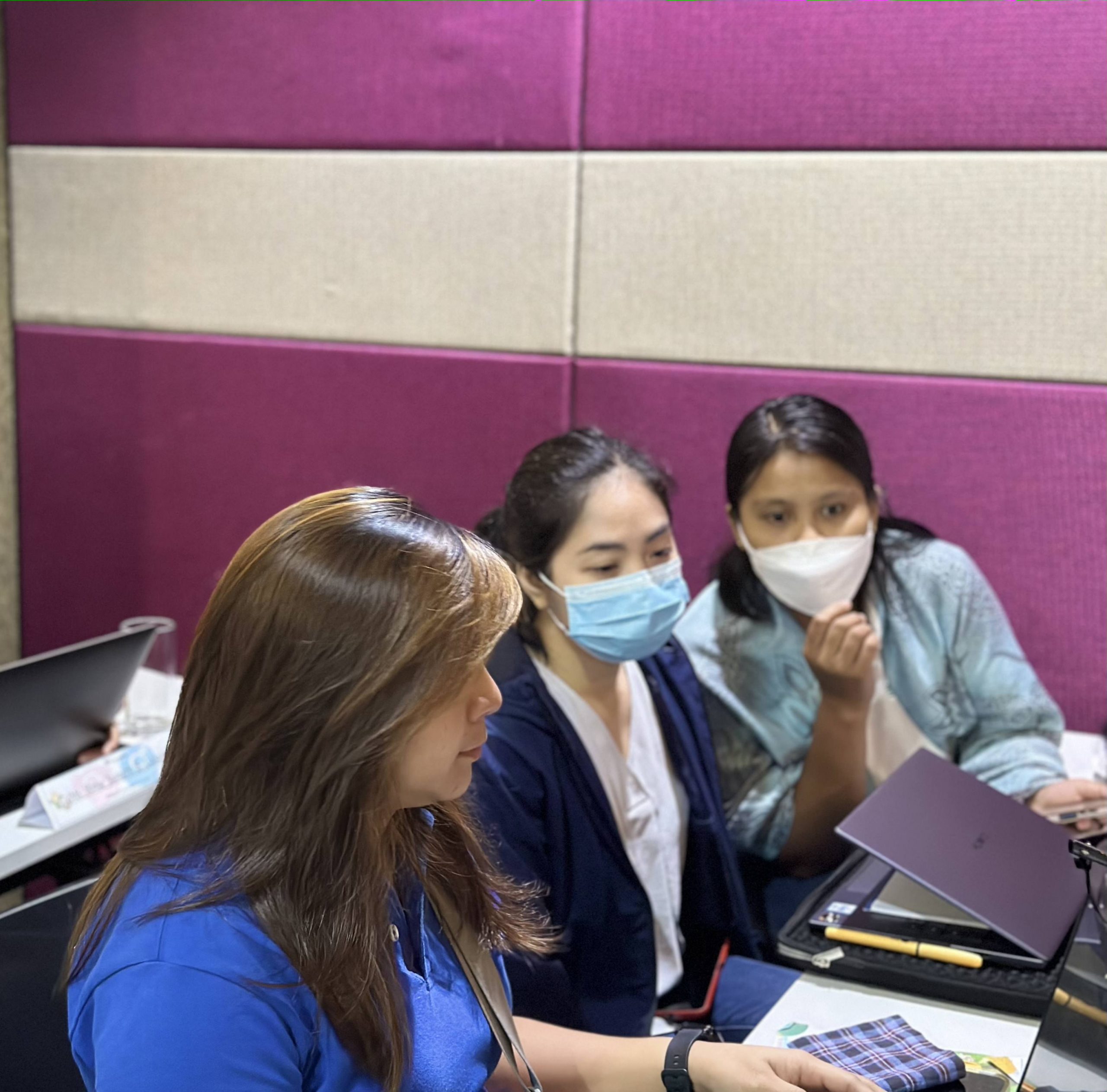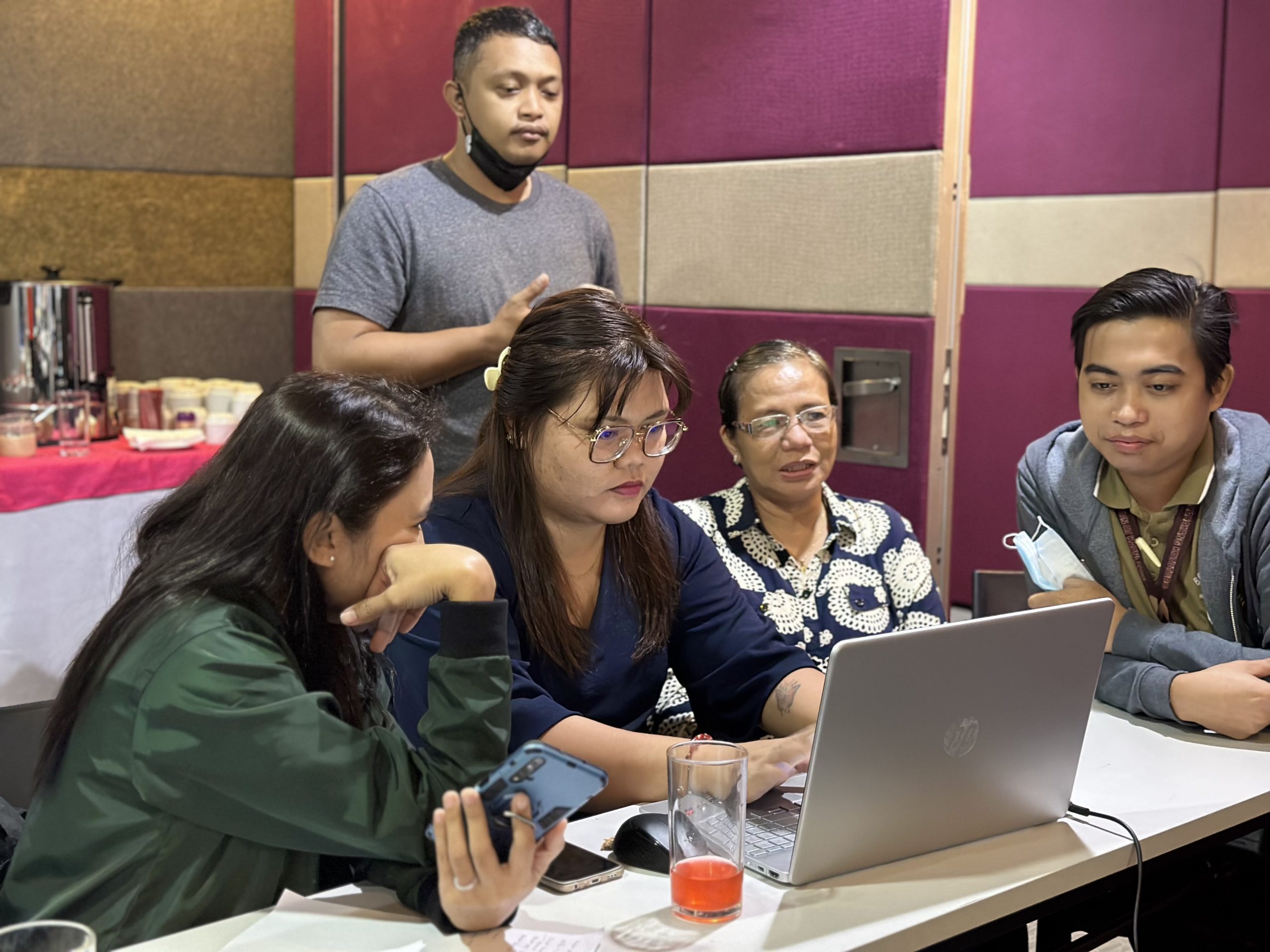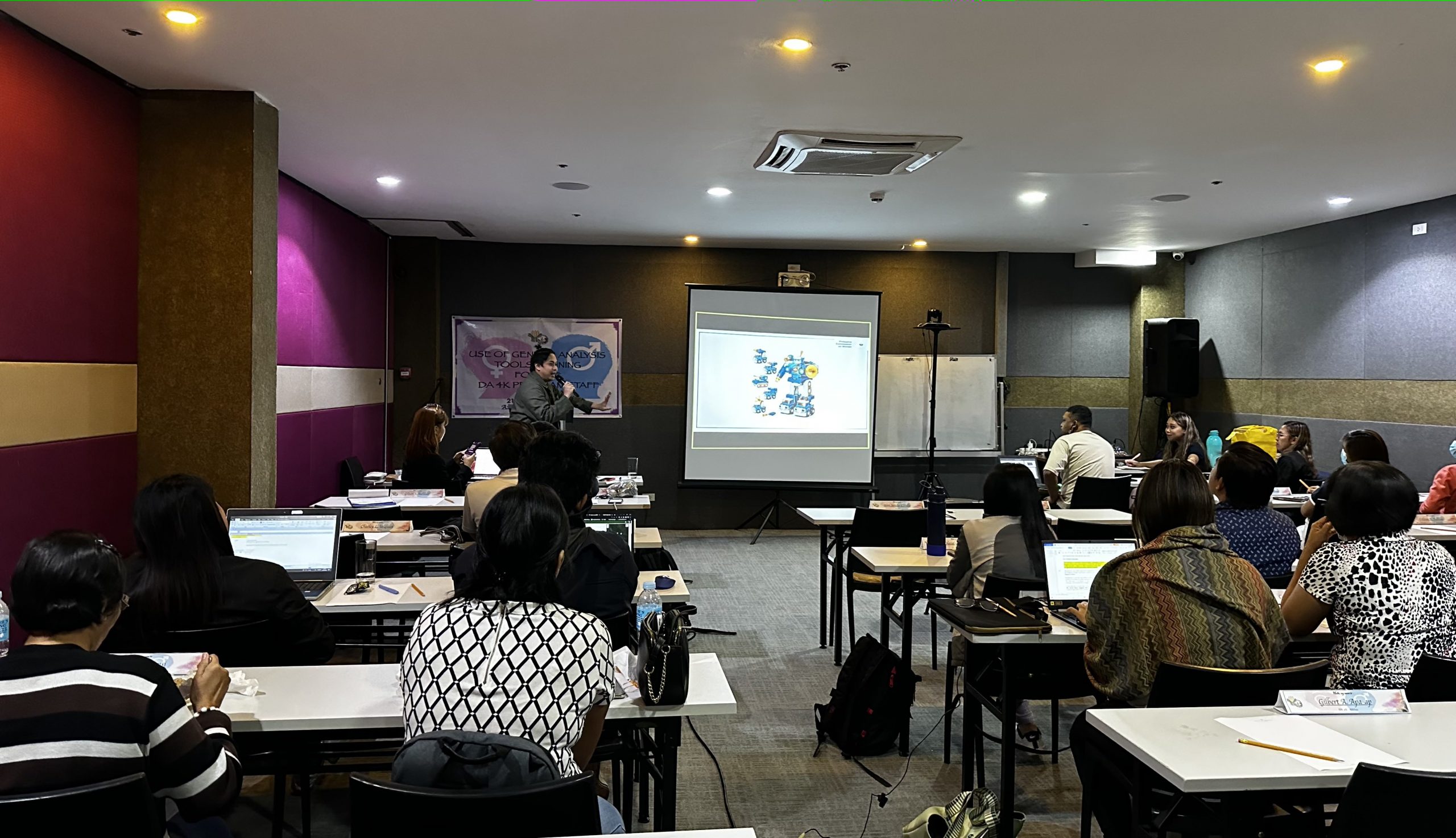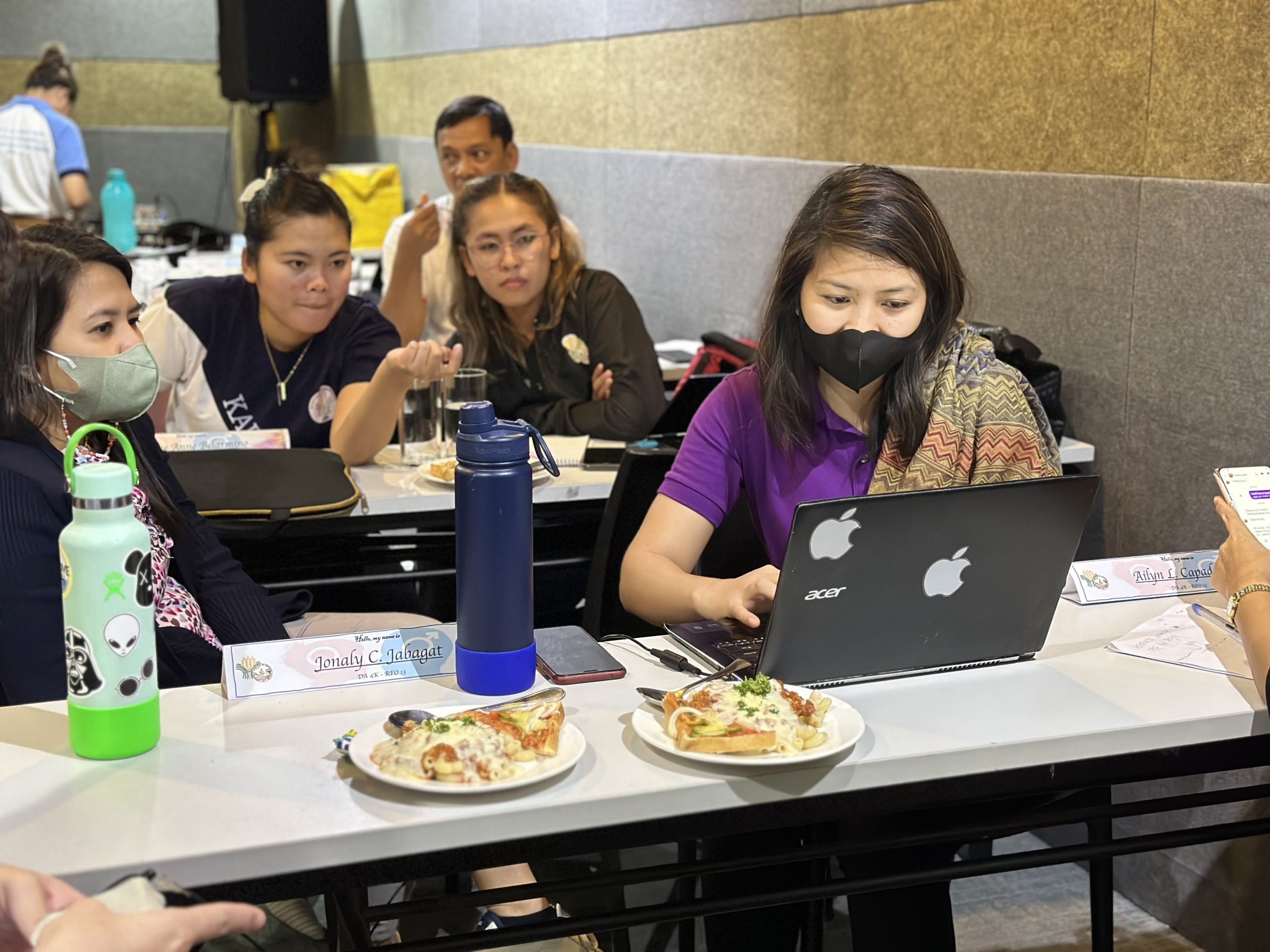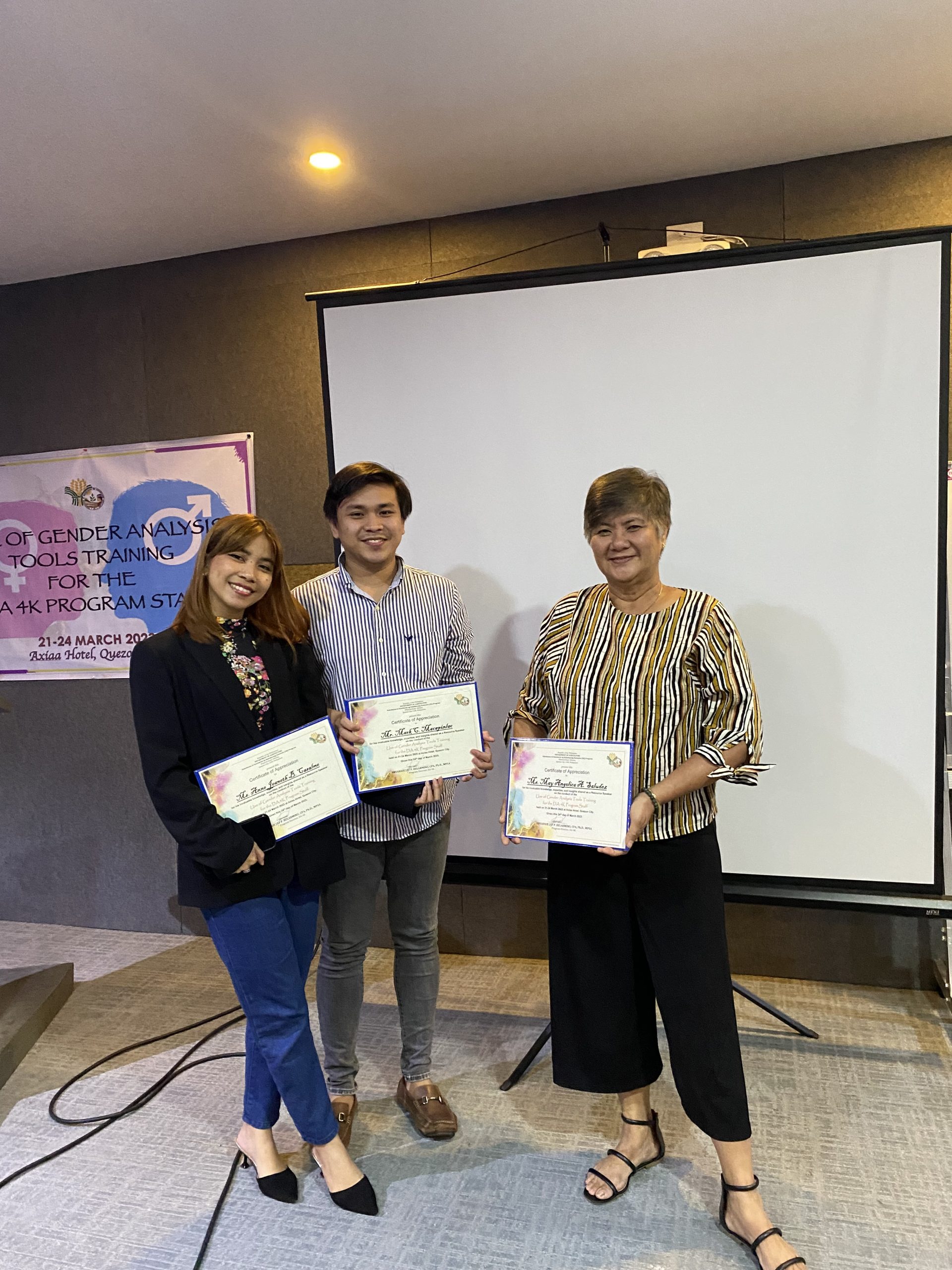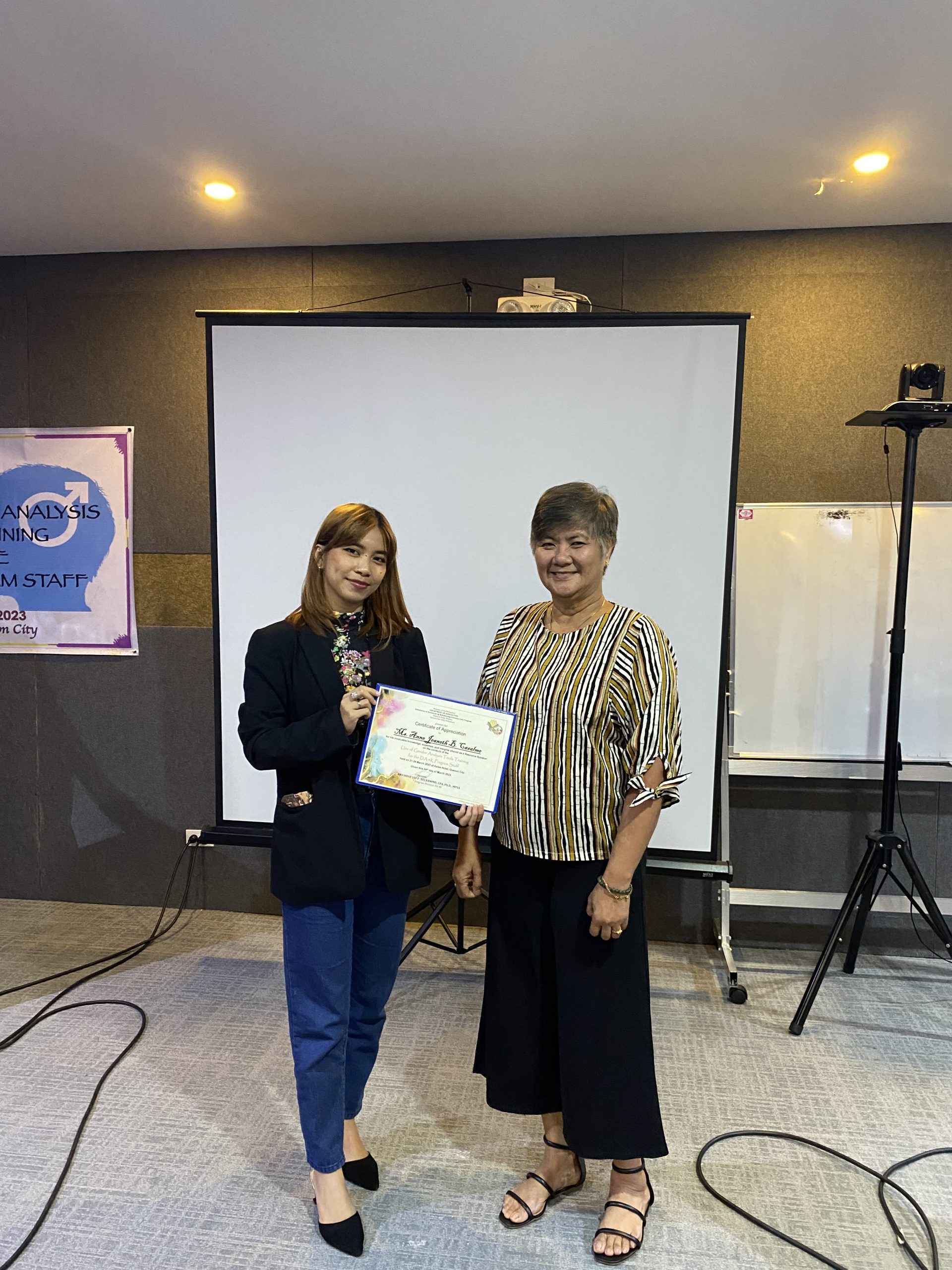When: 21-24 March 2023
Where: Axiaa Hotel, 135, 1105 West Ave, Project 7, Quezon City, Metro Manila
This activity was attended by representatives from the National Commission on Indigenous Peoples Office on Socio-Economic Services and Special Concerns, technical and support staff from the Office of the Undersecretary for Special Concerns and for BARMM, DA Gender Equality and Social Inclusion (GESI), DA 4K-National Program Management Office and DA 4K RFO Focal and GAD focal persons, and the resource speakers from the Philippine Commission on Women – Sectoral Coordination Division (PCW-SCD).
This training aims to capacitate the DA 4K staff with the knowledge on Gender and Development and provide them with the skills to apply gender mainstreaming in the program.
The training started with the Gender and Development Orientation and Concepts refresher to understand and be leveled off on GAD concepts and mandates that were discussed by Mr. Mark C. Macapinlac, GAD Specialist II from the PCW-SCD.
The second day of the activity focused on the discussion of Gender Analysis and Tools wherein a workshop was conducted on the two Household and Community Level tools; the 24-hour activity profile – Si Juan at Juana Activity Matrix and the Gender Analysis Matrix (GAM) – Varietal Improvement Activity matrix to identify the gaps or differences between women and men and girls and boys; Understand why these gaps exist and persist; Determine whether the gaps are potential to achieve results; and choose what actions to take to reduce the gap or address the issue. This was discussed and facilitated by Ms. May Angelica A. Saludez, Senior GAD Specialist from the PCW-SCD.
On the third day, Ms. Anne Jeaneth B. Casalme, GAD Specialist II from the PCW-SCD discussed the Harmonized Gender and Development Guidelines (HGDG) wherein another workshop was conducted. The participants were tasked to fill out the Design and PIMME Checklist of the Program as a whole.
The activity concluded with Ms. Casalme providing the synthesis and presenting the ways forward for the participants now that they have completed the training to achieve gender equality through gender mainstreaming in “Responding to the needs of the IPs/ICCs towards satisfaction.”
